Need to know if your child has hypertension? Read this guide and learn about what is the cause and how can you prevent your child from high blood pressure.
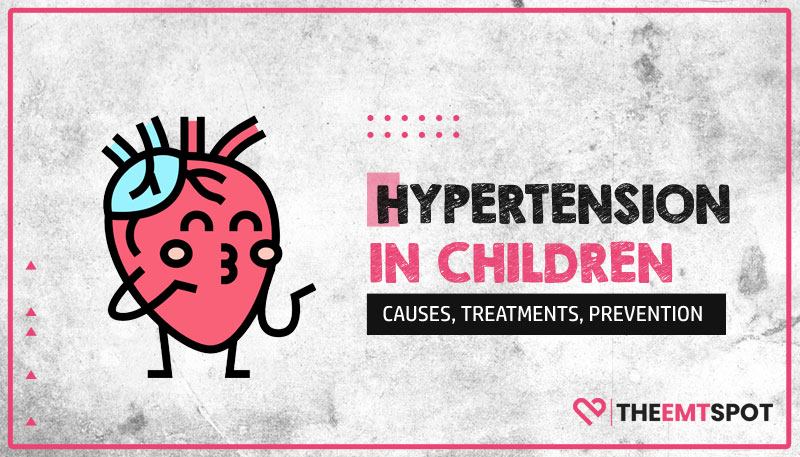
Quick Summary
- A blood pressure level above or equal to the 95th percentile of children of the same age, height, and gender is considered hypertension in children.
- There are usually two types of hypertension in children: Primary and Secondary.
- High blood pressure does not frequently have life-threatening cardiovascular consequences in children. The harmful effects of hypertension typically grow over time.
High blood pressure is a condition that primarily affects adults, but it’s becoming more common in children and teens. Its causes can range from specific health concerns or drugs to other factors such as family history, age, weight, and more.
Even though hypertension rarely causes apparent symptoms, it’s critical to have your child’s blood pressure checked once in a while. Keep reading to discover more about what causes hypertension in children, its prevention, and how to manage it.
Contents
What Is High Blood Pressure Or Hypertension In Children?
Hypertension in children is defined as a blood pressure reading greater than or equal to the 95th percentile of kids of the same age, height, and sex. A child’s blood pressure reading must exceed this mark at three office visits to be diagnosed with hypertension.
Teenagers of age 13 and older share the same diagnostic criteria as adults when it comes to hypertension. It means that a blood pressure reading must be 130/80 mm Hg or higher for the teen to be diagnosed with this condition, just like adults.
What Is The Cause Of Hypertension In Children?
There are several reasons for high blood pressure in children, majorly categorised as primary and secondary hypertension.
Primary hypertension, caused by unknown factors, accounts for most cases in adults and children. On the other hand, secondary hypertension is caused by an underlying issue such as a kidney problem or narrowing of arteries to the kidneys.
Primary hypertension can be due to several factors, such as being overweight or having a family history of hypertension. Secondary hypertension can also be caused by rare adrenal gland tumours or conditions like kidney disease.
In many cases, discovering the underlying cause of high blood pressure in children can lead to treatment that prevents more serious heart health issues in the future.
Are There Any Signs Of Hypertension In Children?
Regarding hypertension in children, experts say it’s rare to experience symptoms at normal blood pressure levels. However, if your child’s blood pressure is very high (a hypertensive crisis), they may experience any of the following symptoms:
- Headache
- Seizures
- Visual issues
- Nausea or vomiting
- Chest tightness or pain
- Heart palpitations.
If these symptoms are causing severe discomfort or impacting your child’s daily life, it’s essential to get them checked out by a doctor as soon as possible.
How Can You Manage Hypertension In Your Child?
If you have a child with hypertension, you likely want to do whatever you can to get the blood pressure under control. Lifestyle changes are usually the first step recommended by your paediatrician. Treatment for secondary hypertension may need other evaluations and treatment by specialists.
The treatment goals for hypertension vary depending on the child’s age. Usually, they help to get the child’s blood pressure under the 90th percentile for their age and height or to keep it as low as possible.
Furthermore, if lifestyle changes and medication don’t lower blood pressure enough, then other treatments may need to be considered. These include ACE inhibitors, angiotensin receptor blockers (ARBs), calcium channel blockers (CCBs), or thiazide diuretics.
These medications are generally safe for children. Experts believe there is no known “one size fits all” approach regarding which medication should be given first to treat hypertension in a child. Instead, doctors choose medications on a case-by-case basis.
Ways To Prevent Your Child From Having Hypertension
There’s no guarantee that you can prevent your child from having hypertension, but there are a few things you can do to reduce their risk. In cases where high blood pressure is due to being overweight, a poor diet, or lack of activity, following some lifestyle measures can help:
Eat healthy food
A balanced diet is vital and includes plenty of fresh fruits and vegetables and reduced sugar and excess fats.
Cut down salt
Reducing sodium intake may help, but speak with your child’s doctor. They can help you get the best low-sodium diet plan according to the age and weight of your child.
Physical activity
Exercise is another important way to promote good cardiovascular health. Activities like walking, running, biking, and playing sports help keep kids moving each day. Also, kids between the ages of 6 and 17 should aim for at least one hour per day.
Maintain a healthy body weight
Maintaining a moderate weight is also key to preventing hypertension. Speak with a doctor if you have concerns about your child’s weight status.
What Is The Long-Term Outlook Of Hypertension In Children?
Children do not usually suffer the life-threatening cardiovascular effects of high blood pressure. The adverse effects of hypertension usually develop over many years.
If a child’s blood pressure is elevated, it is important to find out what is causing the problem and address it as soon as possible. This can be done through lifestyle changes, medication, or a combination of both. Thus, we can help ensure that your children have a long and healthy future.
Conclusion
When you think of hypertension, you probably think of adults. However, kids are also susceptible to developing this medical condition. Kids with hypertension are at an increased risk for heart disease, stroke, and other serious health problems.
Factors that may increase the risk of hypertension in children include genetics, lifestyle choices, and environmental exposures. Many children who develop high blood pressure do not have any visible symptoms at first.
With prompt treatment and lifestyle modifications, you can help your child avoid further health issues associated with high blood pressure as they grow.

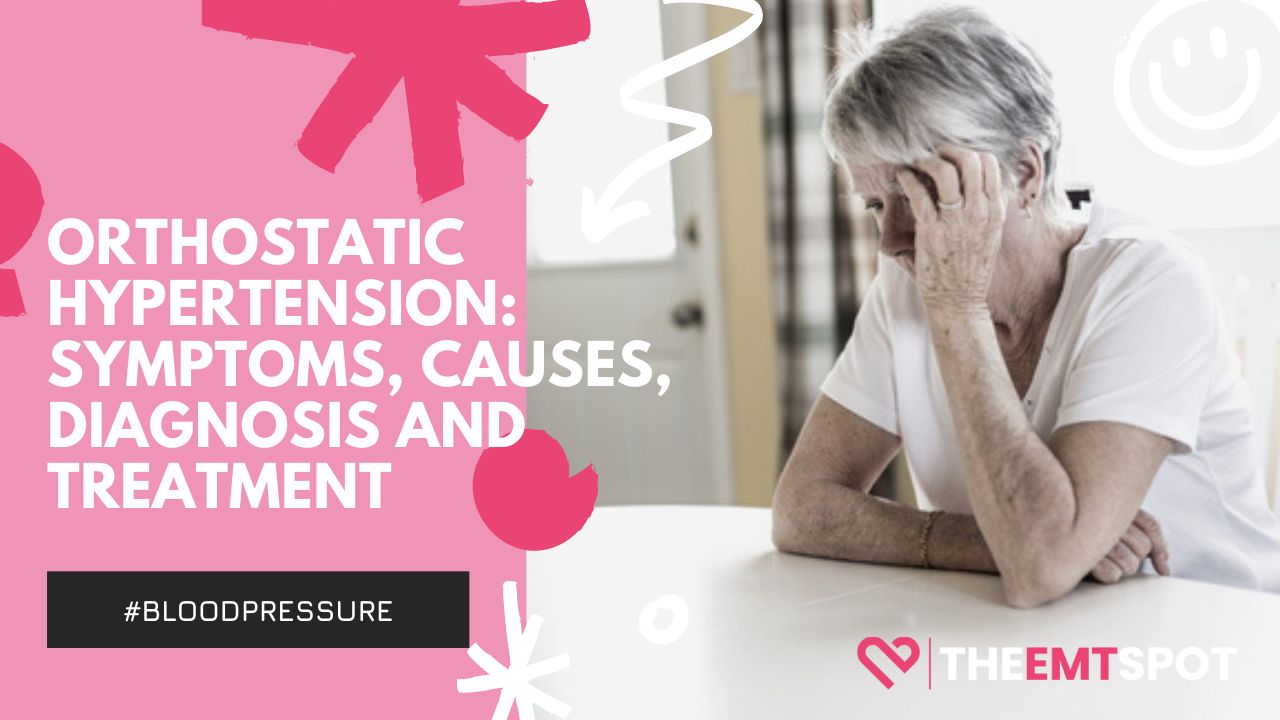
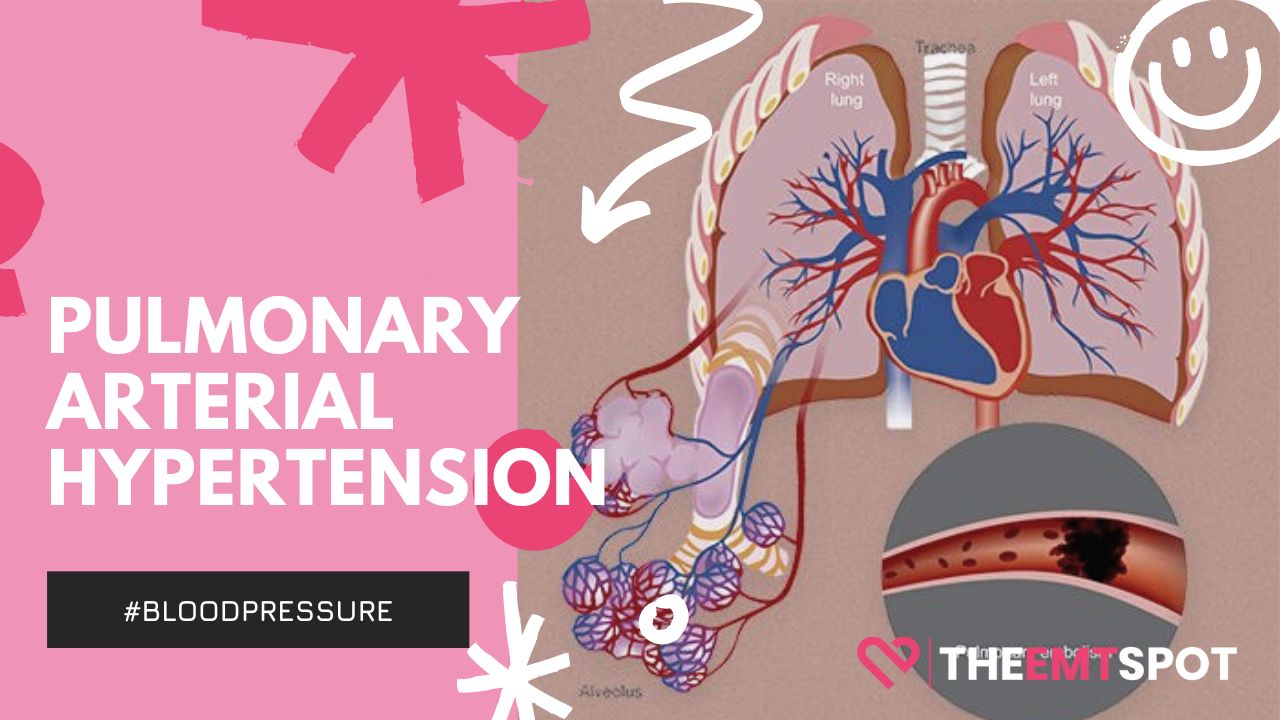
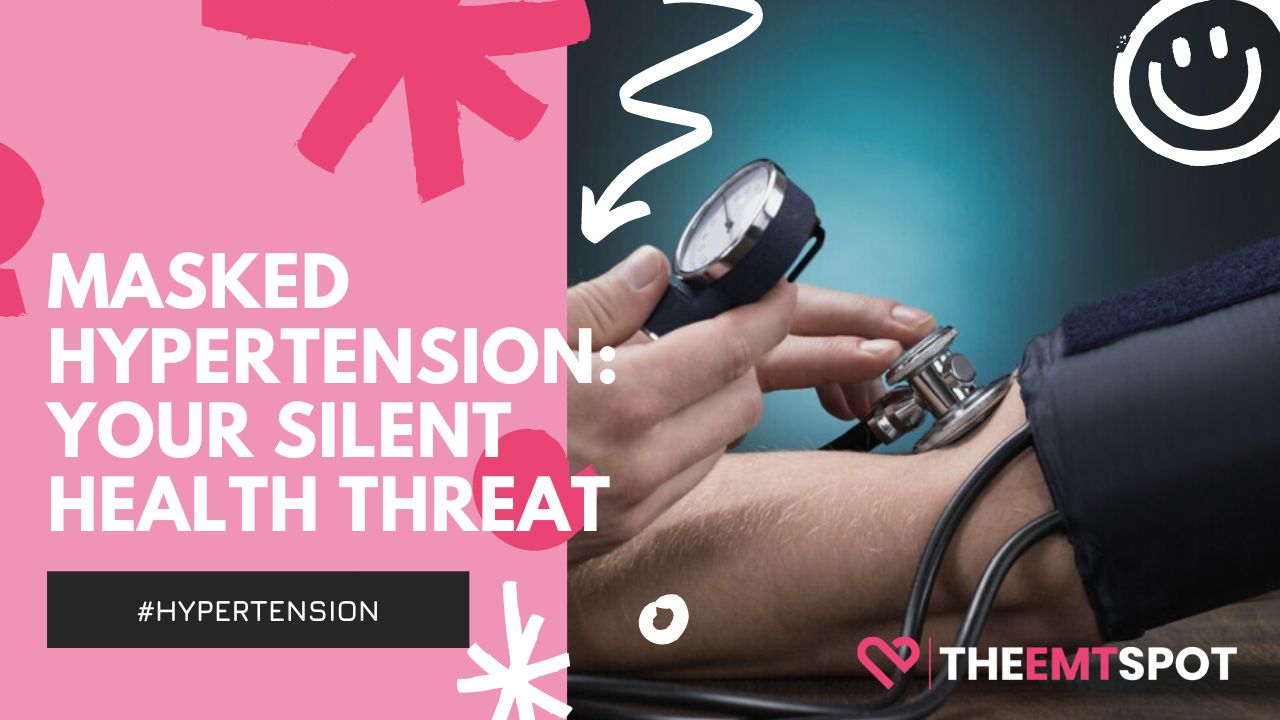
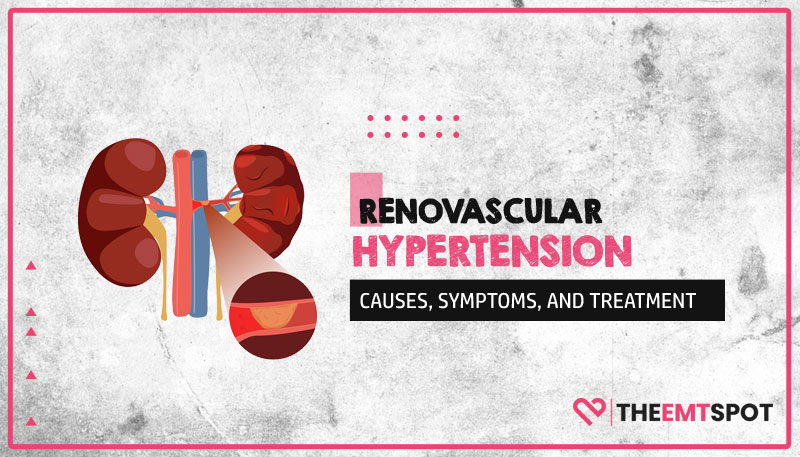
 Robin Backlund is a dedicated journalist and a medical student who has written several articles and essays exposing the falseness and hollowness of online resources in the medical science niche.
Robin Backlund is a dedicated journalist and a medical student who has written several articles and essays exposing the falseness and hollowness of online resources in the medical science niche.